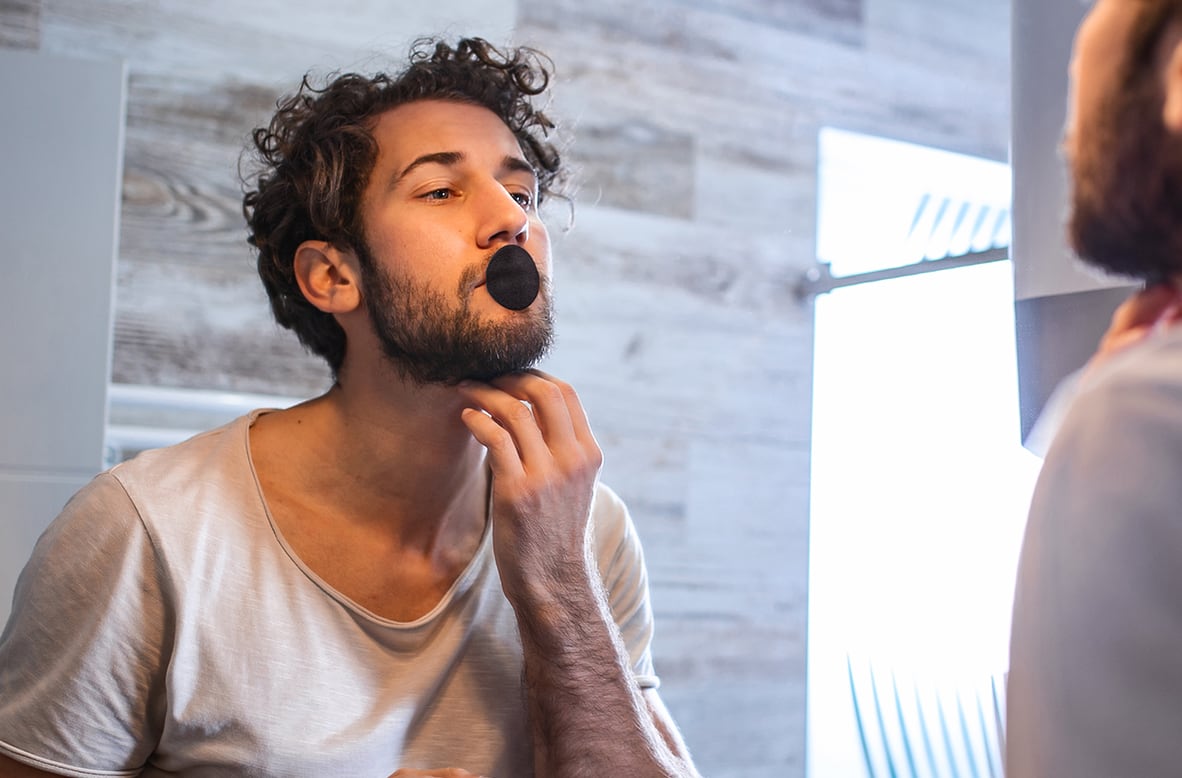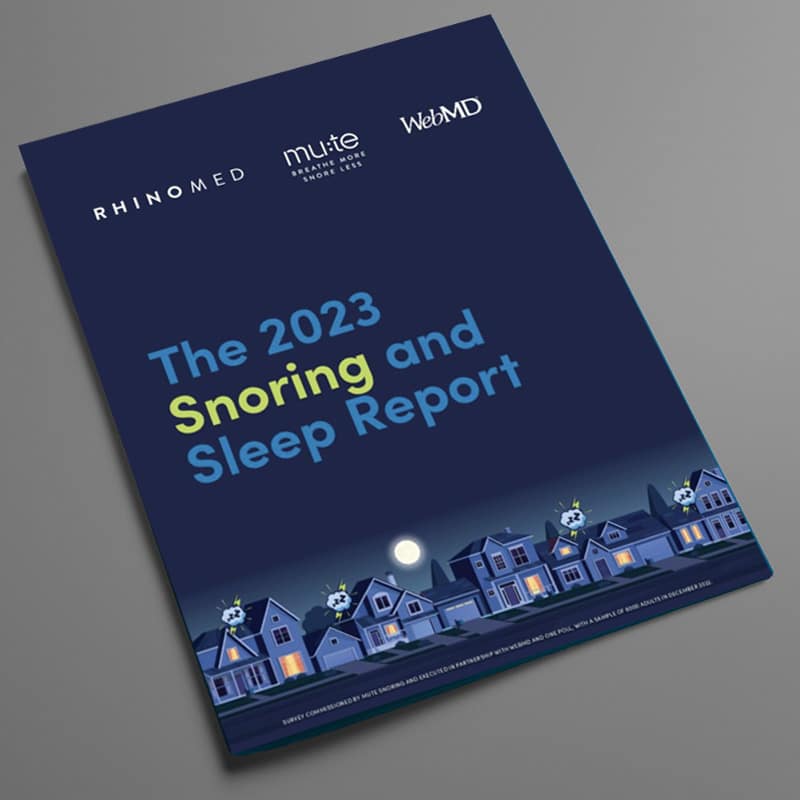We recycle to protect our environment but how are we protecting our most precious resource, our bodies? This World Sleep Day, The Sleep Ambassador®, Nancy H Rothstein, offers tips to support sleep and help sustain health and wellbeing.
When we compromise our sleep, we waste time, energy and productivity during our days. The more sleep deprived we become, the more it taxes our bodies. Sleep has a profound impact on our health. If sleep fails, then health declines, decreasing quality of life(1,2). In fact, shortened sleep has been linked to about half of the leading causes of death in the US(3).
According to the National Center for Health Statistics, 30% of adults average less than 6 hours of sleep per day(4), well below the recommended 7-8 hours.
“Having inadequate quality and quantity sleep impacts health, weight, safety, relationships, productivity, and decision-making processes,” argues Rothstein.
So what tips can we use to gain solid, sustainable sleep? As Rothstein outlines, adapting to new sleep habits can take time and is not always easy, but noticeable sleep improvement can happen swiftly.
“Don’t ‘clock watch’ if you awake during the night and certainly stop the consumption of alcohol 3-4 hours before bed and caffeine at least 6 hours prior, to help mitigate interference with your sleep cycles,” comments Rothstein.
“Of course, you can have the best sleep habits in the world but if you can’t breathe properly through your nose then you won’t have a good night’s sleep – so ensure you have a supportive pillow and a device like Mute may be the answer to open up the nasal airways while you sleep.”
There are close to 100 disorders of sleep and up to 45% of the world’s population are affected(5). Snoring, one form of sleep disordered breathing, interferes with sleep quality and sleep quantity – both for the person who snores and often also for those that sleep with or near the snorer.
As Rothstein outlines: “Sleep quality is as essential as sufficient quantity of sleep. So, if your sleep is disturbed by a snoring bedmate, encourage them to seek medical evaluation for a sleep disorder. If that’s not the cause, a device like Mute may be the answer to open the nasal airways and reduce snoring. And alas, sound sleep for you and the snorer!”
Participants from over 76 countries are taking part in a global call to action this World Sleep Day on March 17, 2017. Hosted by World Sleep Society, the goal is to make people cognizant of the many burdens sleep problems can bring – from reduced productivity to the impact on families, individual health, and overall wellbeing.
So, this World Sleep Day, Rothstein encourages us to honour our bodies by getting some more zzz’s, as well as trying Mute, which might give you the kind of sleep you’d happily sustain.
About World Sleep Day
World Sleep Day is an annual event that calls to action important issues related to sleep using collaborative efforts energised by sleep professionals all over the world. The focus of WSD is to bring cognisance to the many burdens of sleep problems. 2017 is the 10th annual World Sleep Day. The day is created and hosted by World Sleep Society. www.worldsleepday.org
Sources:
1 World Sleep Day 2017 Tool Kit, World Sleep Society.
2 Psychiatry Clin Neurosci. 2002;56: 239-240.
3 Oaklander, M. ‘Here’s what happens when you get too little sleep’. TIME, 30 November 2016.
4 Schoenborn CA, Adams PF. Health behaviors of adults: United States, 2005–2007. National Center for Health Statistics. Vital Health Stat 10(245). 2010.
5 Ageing Health 2008:4(1):11-12.



